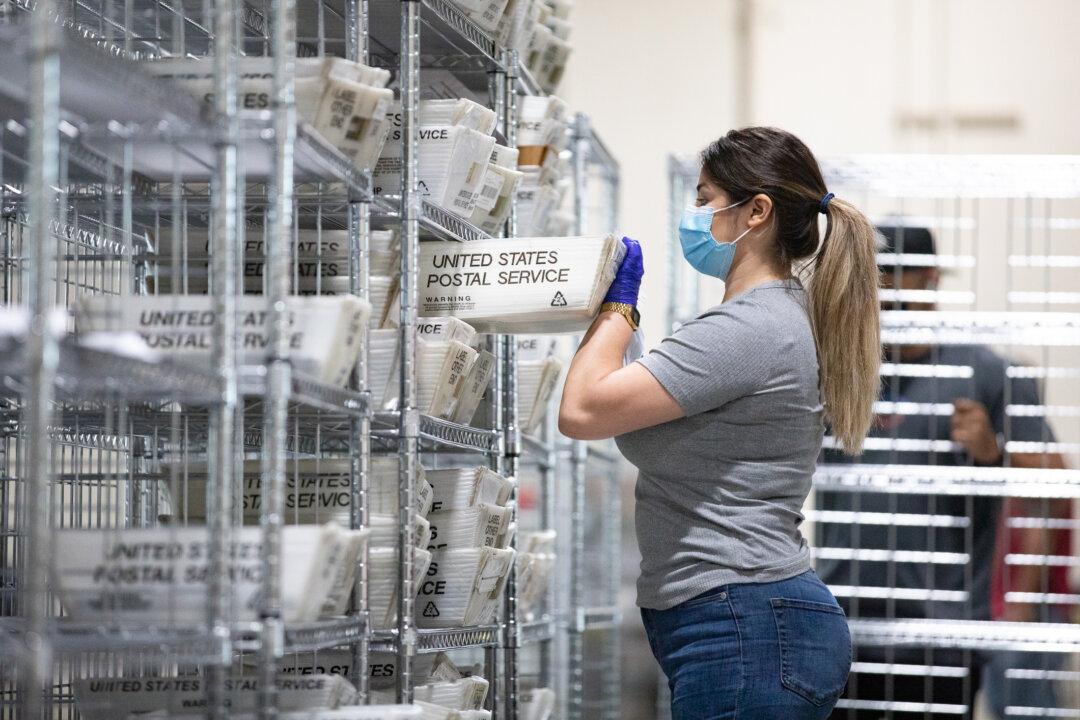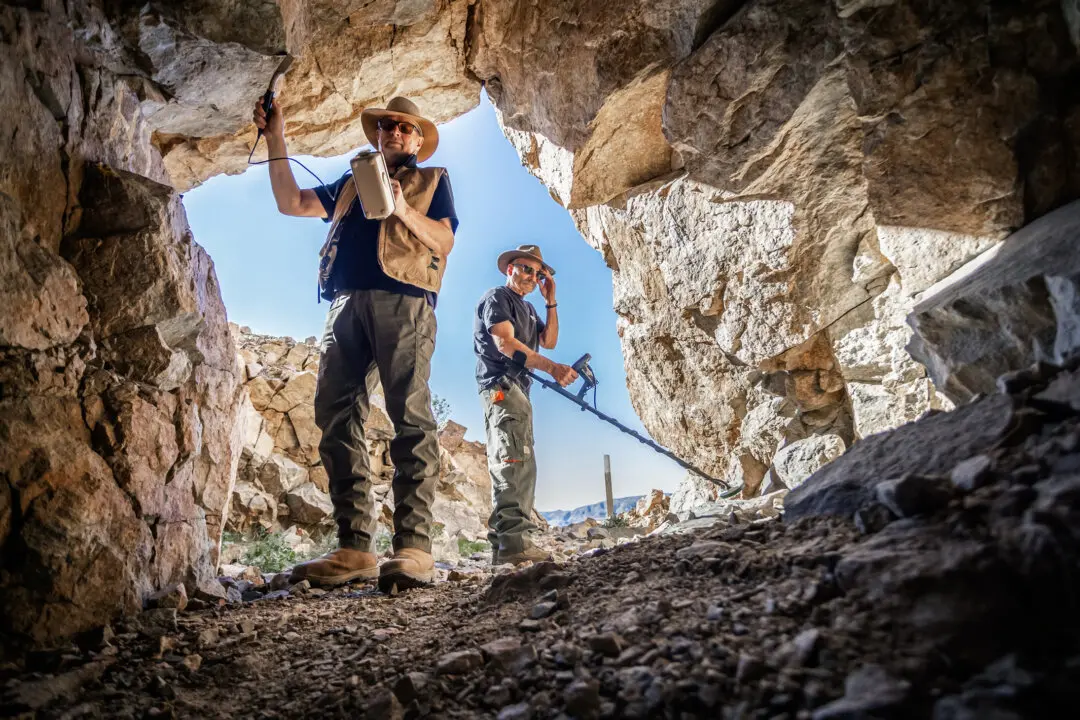California Gov. Gavin Newsom signed legislation on Sept. 27 making vote-by-mail elections permanent for all registered voters in the state, along with nine other election-related bills.
“Last year we took unprecedented steps to ensure all voters had the opportunity to cast a ballot during the pandemic and today we are making those measures permanent after record-breaking participation in the 2020 presidential election,” he said in a statement.





